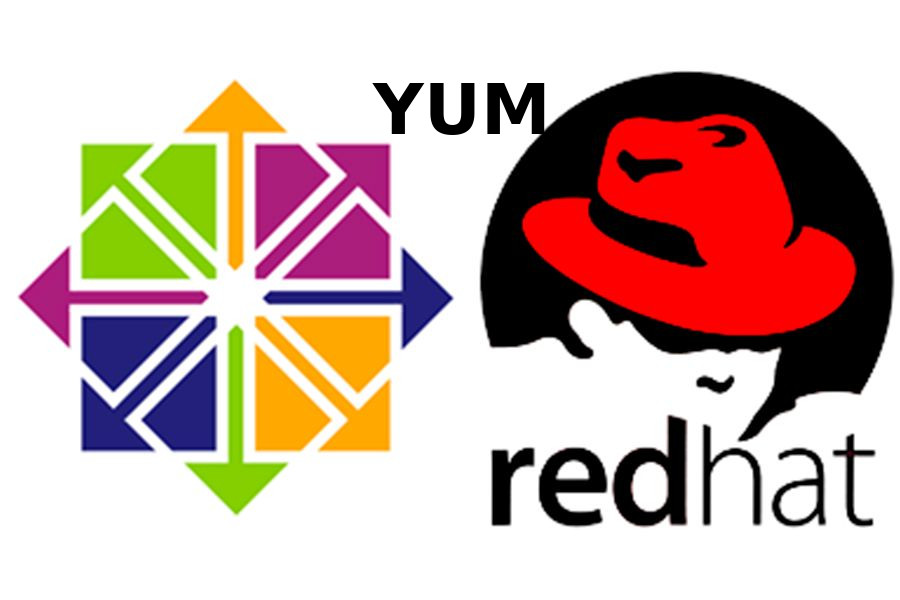
At work recently we hit one of those common system admin problem on a server installed by some colleagues who have weirdly set a very small /var/cache/yum separate partitioned spaced at only 10Gb on a Redhat Enterprise Linux 7.8 Linux. The OS install guys original thinking was that this machine is to be used just for a very simple cluster and to run a Web Hosting services, a Haproxy Clustered service with PCS + Heartbeat and Corosync, but they did not estimated properly, that redhat comes its own rhnsd and updates gets pushed frequently to the machine and the lack of cleaning up the updated / installed rpms would soon leave the system into a full /var/cache/yum partition.
The gradual increase with time even though with few megabytes each and every month is normal behavior as the cache would increase its size based on the frequency of syncing with the yum server.
On this specific machines besides the rhnsd there is also a spacewalk (Free and Open Source systems management) which usually is installed to orchestrate multiple installed systems to centralize installation updates and monitoring of rpm packages.
spacewalk also has its own way to produce its own files in /var/cache/yum with creating a repository clones of defined repository directories.
1. Clean up /var/cache/yum space with yum
The normal way to clean up space as we all know is then to do something with yum:
[user@rhel ~]$ yum clean
Loaded plugins: fastestmirror, langpacks
Error: clean requires an option: headers, packages, metadata, dbcache, plugins, expire-cache, rpmdb, all
[user@rhel ~]$
Usually to clean up a bit of space and get rid of partition full problem you can do:
[user@rhel ~]# yum clean metadata
This cleans up any xml metadata that may have been cached from any enabled repository.
[user@rhel ~]# yum clean all
This should clean up all rpms and metadata.
In cases where this works you should frequently re-run it on the machine or set it on a cron job to periodically reduce space occupied by useless downloaded .rpms.
2. Delete /var/cache/yum directly
If this does not help to clean up space another approach is to directly delete /var/cache/yum dir and recreate it.
To make sure you don't need any of the data that is already in /var/cache/yum for laters make a backup under some directory with free space first.
[user@rhel ~]# mv /var/cache/yum /home/user/
[user@rhel ~]# rm -rf /var/cache/yum
[user@rhel ~]# yum check-update
3. Disable Automatic RPM Updates
However if yum clean all does not work another approach is to completely disable automated updates, so you don't get surprises with unknown times when automatic update is triggered and /var/cache/yum is filled with stuff by the rhnsd or yum-updatesd.
[user@rhel ~]# service yum-updatesd stop
[user@rhel ~]# chkconfig yum-updatesd off
[user@rhel ~]# service rhnsd stop
[user@rhel ~]# chkconfig rhnsd off
4. Delete cache and rpm downloads right after install
By default yum retains the packages and package data files that it downloads, so that they may be reused in future operations without being downloaded again. This feature can be turned off by modifying the /etc/yum.conf file and changing the option "keepcache" to 0.
[user@rhel ~]$ grep -i keepcache /etc/yum.conf
keepcache=0
keepcache if set to 0, removes packages right after installation.
Setting keepcache=1 tells yum to keep the cache of headers and packages after a successful installation.
More helpful Articles

Tags: admin, after, again, ALL, and, another, ANY, automated, CentOS, cron job, file, installation, installed, machine, metadata, packages, repository, updates, var, yum







